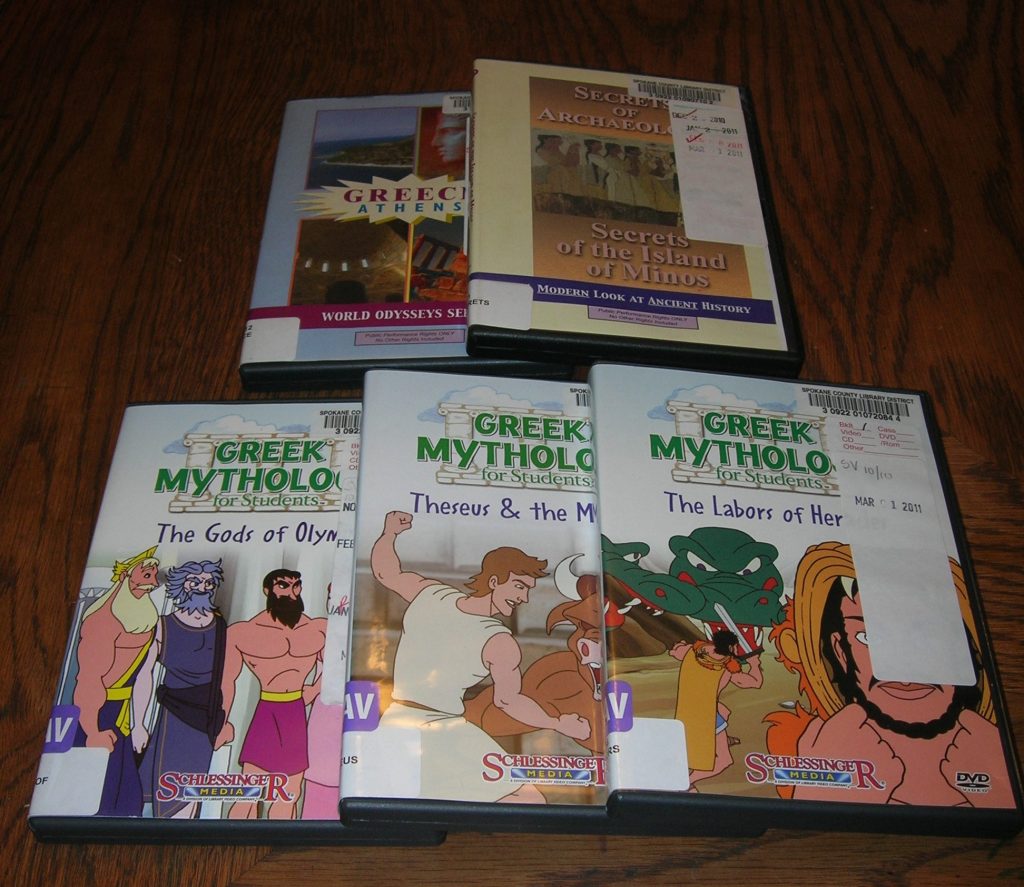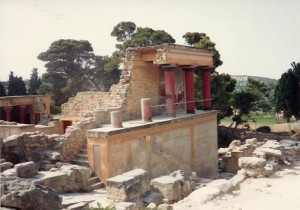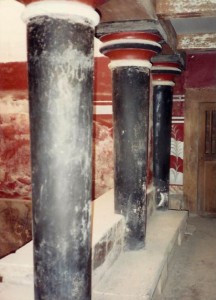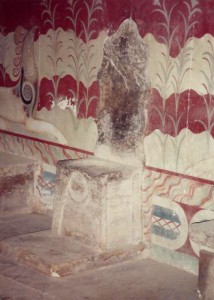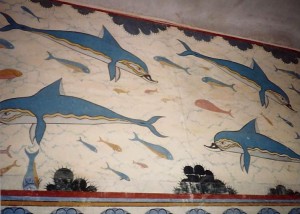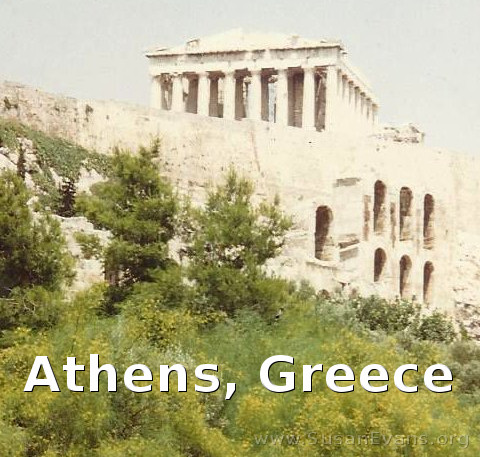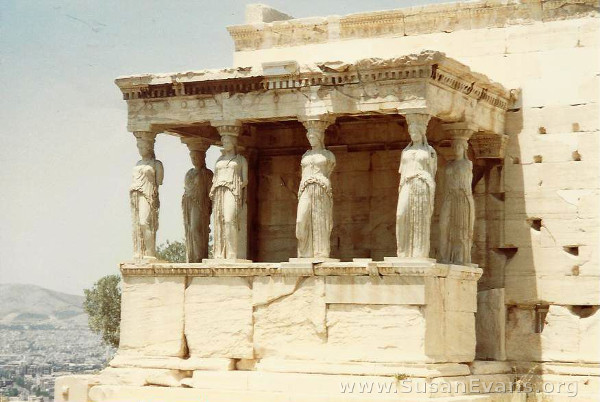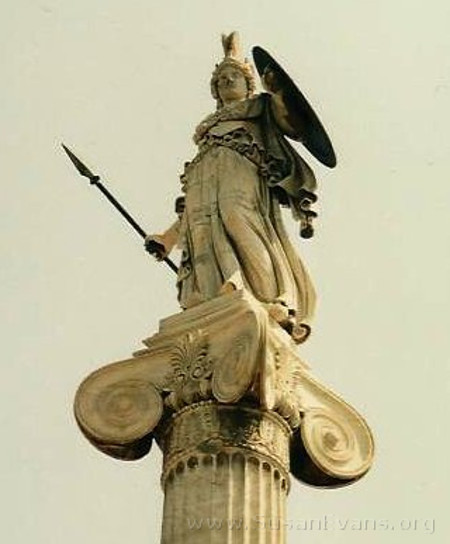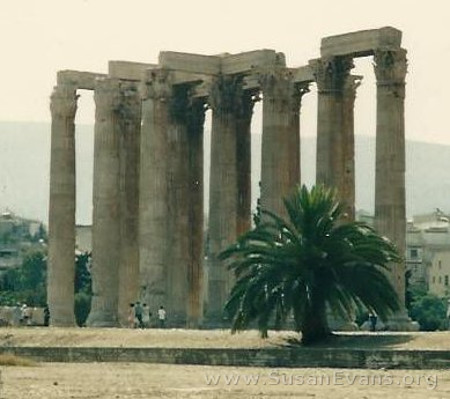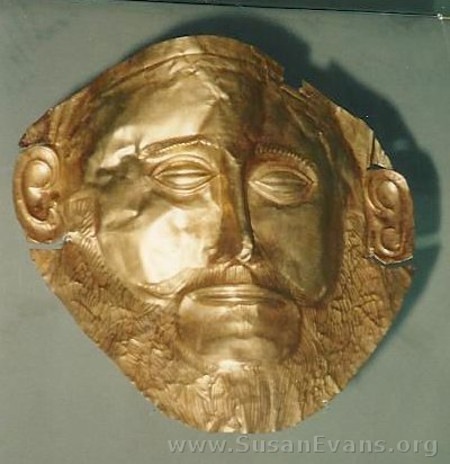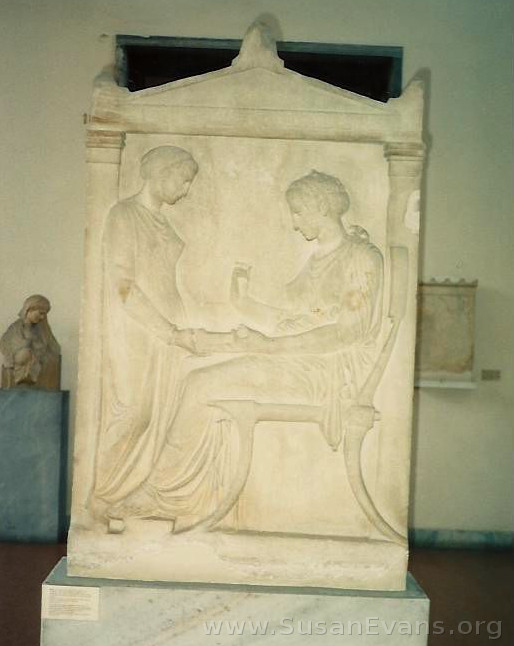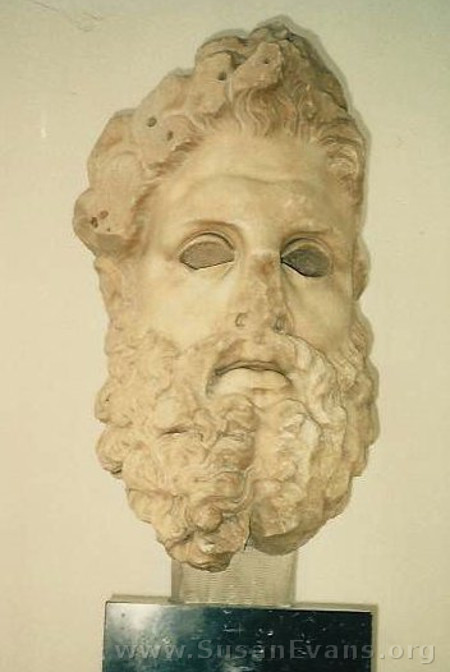Videos are often helpful to understand history, geography, or literature. All three subjects are covered in the following Ancient Greece videos for kids. I would watch these videos with your children, so that you can comment. For example, if a cartoon Greek hero is praying to a god or goddess, I point out that it’s sin, because we’re only supposed to pray to God. I also point out that these are just make believe gods. Children know the difference between truth and fiction if you teach them about it. With that said, I found the following videos at the library:
“Greece, Athens” by World Odysseys Series gets a hesitant thumbs up from me. I always like to start with a video that shows you the country you are studying, so that you can get your bearings. The views of Athens were breathtaking, and they reminded me of my trip to Athens and the Greek islands. (Back when I was single and was a student in England, I traveled the world during my free time. I got really cheap rates for being a student.) My 10-year-old son was mentally engaged and made various comments about what was being said. It was a documentary, and for this reason, my 9-year-old active son was bored half out of his mind. He briefly perked up when an underground cave was being explored. His eyes were glued to the TV for that brief scene. My 7-year-old son kept slipping down on the couch, just for something to do. And, of course, the sculptures included nudity, but it wasn’t bad. It was mostly male nudity, as my 5-year-old girl pointed out when she yelled, “It’s a wee wee!” So, taken in its totality, the video gets a hesitant thumbs up from me. If the kids hadn’t been there, I would have enjoyed the video more. Let’s put it that way.
“Greek Mythology for Students” is a cartoon series. I love it! I’ve only watched three so far out of the ten. A man walks up and narrates for about two minutes. Then an animated video shows the greatest stories of Greek mythology, making all these stories accessible and understandable even to my 5-year-old. Later on, my husband was lying on the bed, telling my daughter that he had a splitting headache. She shouted, “It’s just like Zeus, whose head cracked open, and Athena came out!” I’m not sure if my husband was impressed or not, but I sure was.
“Secrets of the Island of Minos” The labyrinth of King Minos was shown not only in real life (the ruins that are on the island of Crete), but in a computer animated cartoon that shows what the palace would have looked like on top of the labyrinth. Apparently the palace was like a city, and under it was the labyrinth. I’ve actually been to Crete myself, and the beautiful red columns and fresco paintings on the walls are marvelous. During the first half of the video, my boys paid attention and my 5-year-old girl fidgeted slightly. A couple of drawings had slight nudity which wasn’t offensive. However, later in the half-hour video, there were female sculptures which were, I’m sorry to say, offensive because they were highly evocative. I give a strong thumbs up to the first half of the video, and a strong thumbs down to the second half. The reason I’m giving the video a thumbs up at all is because the first half was so fascinating, it was worth watching. Right in the middle of the video is a 5 minute section on Santorini which is extremely boring. This is ridiculous because I’ve been to Santorini, and it’s beautiful. Anyway, as soon as you get to the boring bit in the middle about Santorini, shut it off. Oh, they also mentioned the lost city of Atlantis, but it was such a brief statement that it left me wanting more. I was dissatisfied about the amount of information about Atlantis.
That’s it for now. I know there are many more Ancient Greece videos for kids about the Trojan War, but I will have to pre-watch those with my husband. Maybe I’ll wait until high school for those.
